Mumbai: When Pankaj Udhas was eleven years old, he won his first vocal award.
During the Sino-Indian War in 1962, he performed the national hymn “Ae mere watan ke logon” at a public event in his birthplace of Rajkot. The young singer captivated one of the audience members so much that he gave him a handsome present of Rs 51 at the time.
But Udhas had no intention of becoming a singer. He died on Monday, February 26, at the age of 72, and went to be with the Lord.
Udhas became genuinely interested in music after witnessing his father perform his favorite dilruba in his free time. Manhar and Nirmal Udhas, his older brothers, also became playback singers in Gujarati and Hindi, but none of them achieved the kind of critical acclaim that Pankaj Udhas enjoyed throughout his career.
Pankaj Udhas was born on May 17, 1951, in Jetpur, Rajkot. He had a passion for playing the tabla at first, but after the family moved to Mumbai, he studied Hindustani classical music under Ghulam Qadir Khan. The aspiring maestro then earned a Bachelor of Science from St. Xavier’s College under the guidance of Navrang Nagpurkar, a member of the renowned Gwalior gharana.
That Pankaj Udhas would go on to become the nation’s most renowned ghazal performer was unimaginable back then. Following his collaboration with Kishore Kumar on a duet, “Munne ki amma yeh to bataa,” for the Dharmendra-Hema Malini film “Tum Haseen Main Jawan” in 1970, Pankaj Udhas made his debut as a solo artist in Hindi playback music with “Kaamna,” a 1972 song written by Usha Khanna with lyrics in Naqsh Lyallpuri. However, the song was not as well-received as the movie.
Unlike his brothers, Pankaj Udhas was not meant to be on the periphery of the music industry. He began studying Urdu after seeing ghazals as a potential career route, and by the end of the 1970s, he had become proficient enough to be asked to play at concerts inThe US and Canada. His first major break came from his first trip abroad.
His first best-selling album, “Aahat” (1980), was the first of almost 50 such unique albums, and it put him on the way to success.
Mahesh Bhatt’s criminal thriller “Naam,” which starred Nutan, Kumar Gaurav, Sanjay Dutt, and Paresh Rawal and went on to become a hit, gave Udhas another chance to sing for a movie in 1986. With his melancholic rendition of “Chitthi aayee hai,” the hymn of succeeding South Asian diaspora generations, Pankaj Udhas sung himself into the annals of history for “Naam.” It was listed as one of the top 100 songs of the millennium globally by BBC Radio.
Ironically, Rajendra Kumar, the film’s producer and the father of Kumar Gaurav, had first accused Pankaj Udhas of being impolite and lacking in manners because of his initial reluctance to sing the song that launched his career. In the beginning, Sanjay Dutt was scheduled to sing the song, with Pankaj Udhas serving as the playback singer, but it took his brother’s involvement to get him to sing it and appear on screen as himself.
He sang the beautiful duet “Mahiya Teri Kasam” with Lata Mangeshkar for Raj Kumar Santoshi’s Dharmendra-produced Sunny Deol film “Ghayal” in 1990. Another hit song on the charts was this one. The song “Na Kajre Ki Dhar” from the Rajiv Rai action picture “Mohra,” which starred Naseeruddin Shah, Akshay Kumar, and Suniel Shetty, and was sung by Pankaj Udhas and Sadhana Sargam, followed its popularity in 1994.
Even though Pankaj Udhas was successful as a playback singer (his final song for a movie was “Raat bhar tanha raha” in the forgettable 2016 film “Dil Toh Deewana Hai” starring Raj Babbar and Zeenat Aman), his true love was ghazals, which helped him go from one major hit to another, more significant milestone (the album “Shagufta” being particularly noteworthy because it was the first to be released in India on a compact disc).
He oversaw a talent search program for Sony Entertainment Television in the early days of the medium, and among his discoveries was model John Abraham, who had his first acting opportunity in the music video for “Chupke Chupke,” another Pankaj Udhas hit.
Although some people believe Pankaj Udhas passed away too soon, he had a busy career and left behind a legacy of beloved songs that would survive both him and the generation he grew up with.











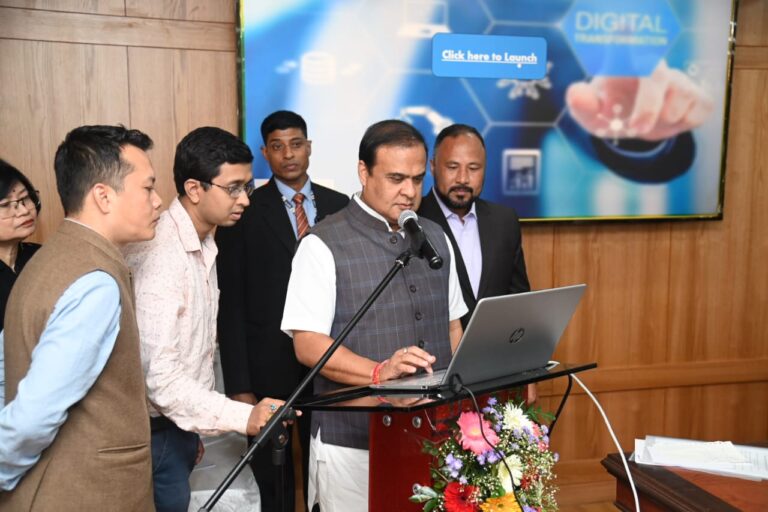

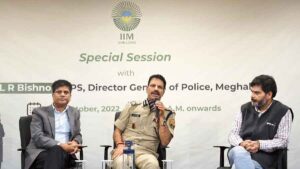


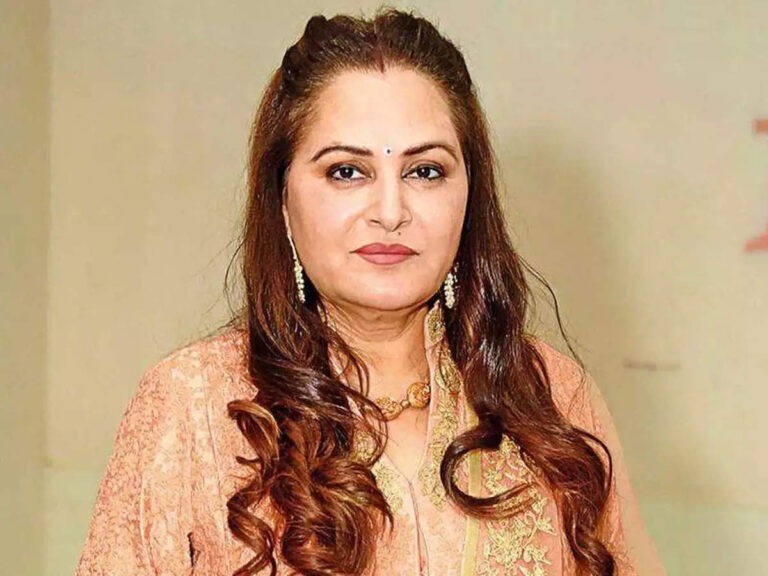


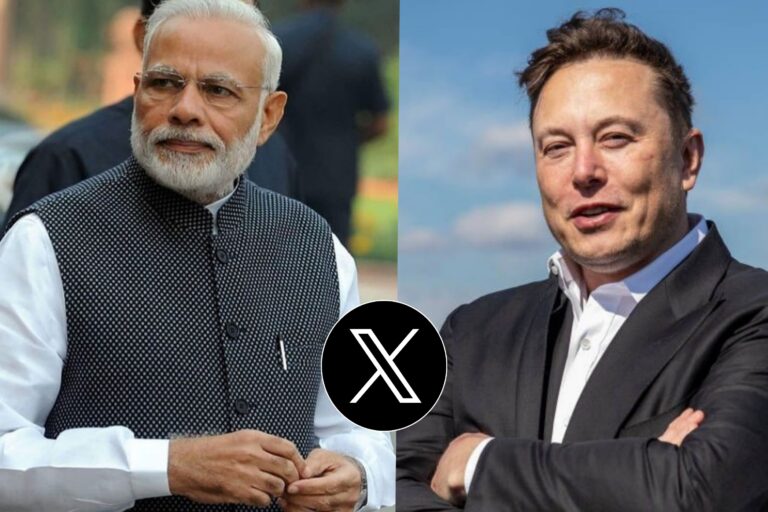

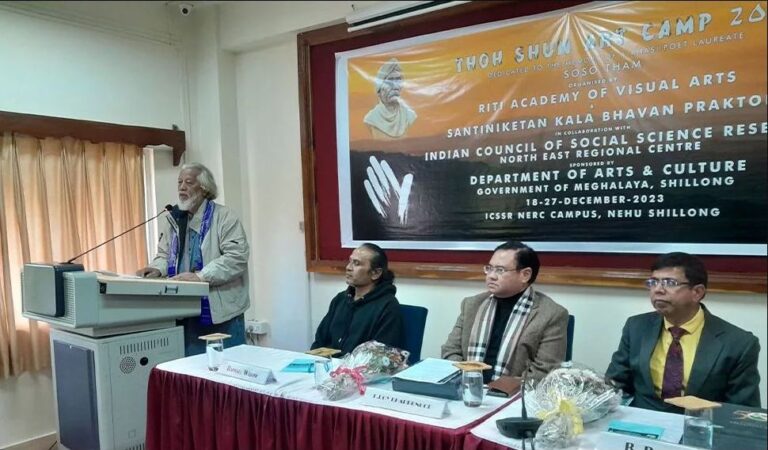
+ There are no comments
Add yours